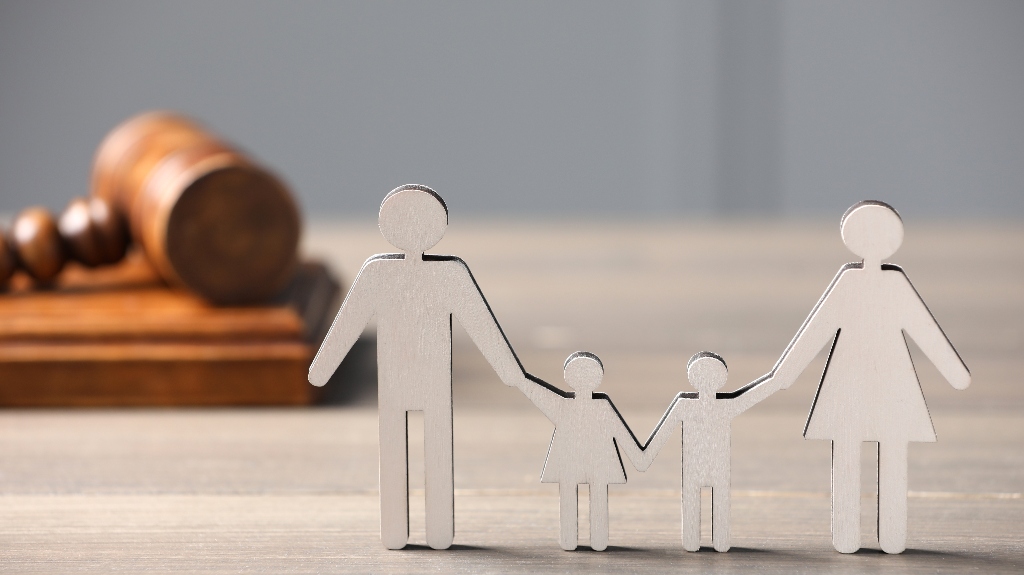Facing a Child in Need of Protection or Services (CHIPS) case in juvenile court can be one of the most challenging experiences a parent can go through. The outcome of this case has a significant impact on your fundamental rights: care, custody and control over your child.
At 29th & Law PC, we are dedicated to helping parents navigate through the complex juvenile justice system process. Preparation is crucial to achieving a successful outcome. In this article, we provide a guide on preparing for a CHIPS case in Minnesota.
Understanding the CHIPS Petition and the Legal Standard
A CHIPS case is initiated when a county social services agency submits a petition alleging that a child is in need of protection or support. The reasons for a CHIPS petition are clearly stated in Minnesota Statute § 260C.007, Subd. 6. These reasons may include allegations that the child has been abandoned, neglected, abused, or lacks necessary parental care.
The county has the burden of proving the allegations in the petition with “clear and convincing evidence”. This is a higher standard than in a typical civil case, where the “preponderance of evidence” is used, but it is lower than the “beyond reasonable doubt” standard used in criminal law. This means that the evidence must be highly and substantially more likely to be true than untrue. Your attorney’s job is to challenge the county’s evidence and help prevent them from meeting this standard.
The Crucial Role of Your Attorney
From the moment you receive a CHIPS petition, the first and most important thing you should do is find an experienced juvenile lawyer. At 29th & Law PC, we have a deep understanding of the laws and court procedures that are unique to these cases.
We are one of only two attorneys appointed by the court to handle CHIPS cases in Otter Tail County. We appear in court every day, advocating for the rights of parents. A lawyer will help you understand the charges, your rights, and the legal process involved.
Key Steps in Preparing for Your CHIPS Trial
1. Complete Transparency with Your Lawyer
Your relationship with your attorney should be based on confidentiality and trust. It is important to be completely honest with your lawyer about the facts of your case, including both positive and negative information. This will allow us to develop the best possible strategy for your defense, anticipate the arguments that the other side may present, and avoid surprises in court.
2. Gather and Organize Documents
Your attorney will help you gather important documents that can help support your case. These may include:
- Medical and school records for your child
- Proof of income, housing, and financial stability
- Records of therapy, chemical dependency assessments, and parenting classes
- Any communication you have had with social workers
3. Identify and Prepare Witnesses
Witness testimony can be crucial. Identifying people who can provide honest, positive information about a parent’s character, their parenting skills, and their efforts to address court concerns is essential. Potential witnesses could include family members, friends, therapists, teachers, or other trusted individuals. These people should be prepared for the kinds of questions they might be asked during direct and cross-examination.
4. Proactive Engagement with Services
Judges closely monitor parents’ willingness to address concerns raised in petitions. If a court order or case plan recommends specific services, such as chemical health assessments, mental health therapies, or parenting programs, proactive and consistent engagement is strongly encouraged. Starting services before they are ordered demonstrates a serious commitment to reunification and can positively influence the court’s perception.
The Day of Trial: What to Expect
A juvenile court trial is similar to a civil court trial, with one key difference: there is no jury, unless specifically requested and granted by the court. In a juvenile court, the county has the responsibility to prove allegations through clear and convincing evidence. While you have the right to remain silent during the trial, if you choose to speak, your credibility will be assessed.
The trial usually includes:
- Opening statements
- The county’s case-in-chief (with witnesses and exhibits)
- Your defense case (with your witnesses and evidence)
- Rebuttal and closing arguments
- Judge’s ruling
The judge will make a decision based on the facts of the case and relevant laws. If the CHIPS petition is approved, the court may order that the child be placed outside their home, establish supervised visitation arrangements, or require specific services such as counselling or drug treatment.

Post-Trial Procedures
If the petition is upheld, the case will proceed to a hearing on disposition. The court will develop a plan for the case aimed at reunifying the family. Compliance with this plan, such as attending parenting classes or remaining sober, is essential to regaining custody. If the petition is rejected, your parental rights will be restored.
Get Experienced Legal Help
A CHIPS proceeding is not a criminal case, but the consequences could be significant. The goal of juvenile court is to rehabilitate and reunite families, when possible. With careful preparation and skilled legal representation, you can effectively protect your family.
If you or your family face a CHIPS case in Otter Tail County or West Central Minnesota, contact 29th & Law, PC for a consultation. We have extensive knowledge of local courts and are dedicated to providing aggressive defense to protect parental rights.

